Kenya’s Court of Appeal has frozen a massive KEBS tender worth billions, dealing a heavy blow to foreign companies lined up to win it. This unexpected pause follows a fiery legal battle launched by Precision Experts Ltd, who allege the tender was rigged to edge out local contractors in favor of international giants.
The explosive case revolves around a January 2025 tender by the Kenya Bureau of Standards (KEBS) for pre-export inspections—an exercise known as Pre-Export Verification of Conformity (PVoC). Shockingly, 18 out of 19 bidders were foreign firms, igniting concerns of a prearranged outcome.
Precision Experts was earlier dismissed by the procurement board and later blocked by the High Court for missing a deadline by just one day—but the company wasn’t done yet. In a stunning turnaround, they filed an appeal, arguing that letting the process continue would sabotage their case entirely.
Now, the Appellate Court has thrown a wrench in KEBS’ plans, issuing a temporary order halting the tender until May 23, pending a final ruling.
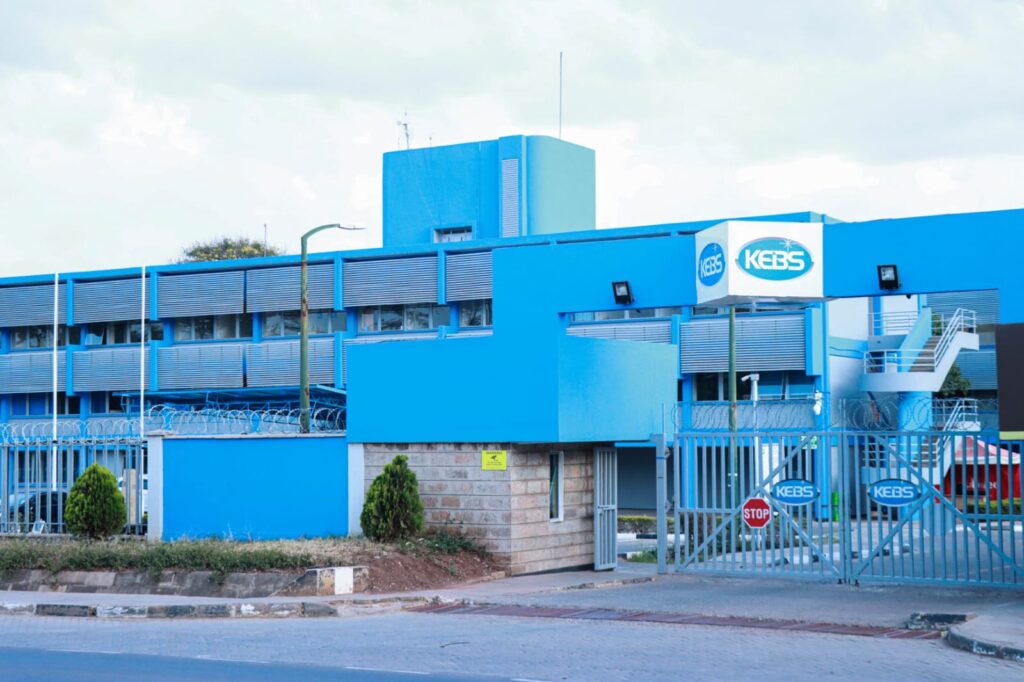
At the heart of the controversy: KEBS’ demand for physical office presence, a requirement critics say was sneakily designed to lock out local players. According to their lawyer, Andrew Mwango, KEBS’ move flouts public procurement laws and paints a grim picture of institutional bias against Kenyan businesses.
This legal showdown shines a harsh spotlight on systemic favoritism in Kenya’s public procurement, with local firms crying foul over unfair hurdles. The ruling may set a powerful new precedent on how government tenders must treat domestic bidders.
The outcome could reshape the future of billion-shilling deals, forcing institutions like KEBS to rethink policies that seem to favor foreign dominance.
With tensions high and eyes locked on the May 23 judgment, one thing is certain: this is not just about one contract—it’s about the future of fair business in Kenya.

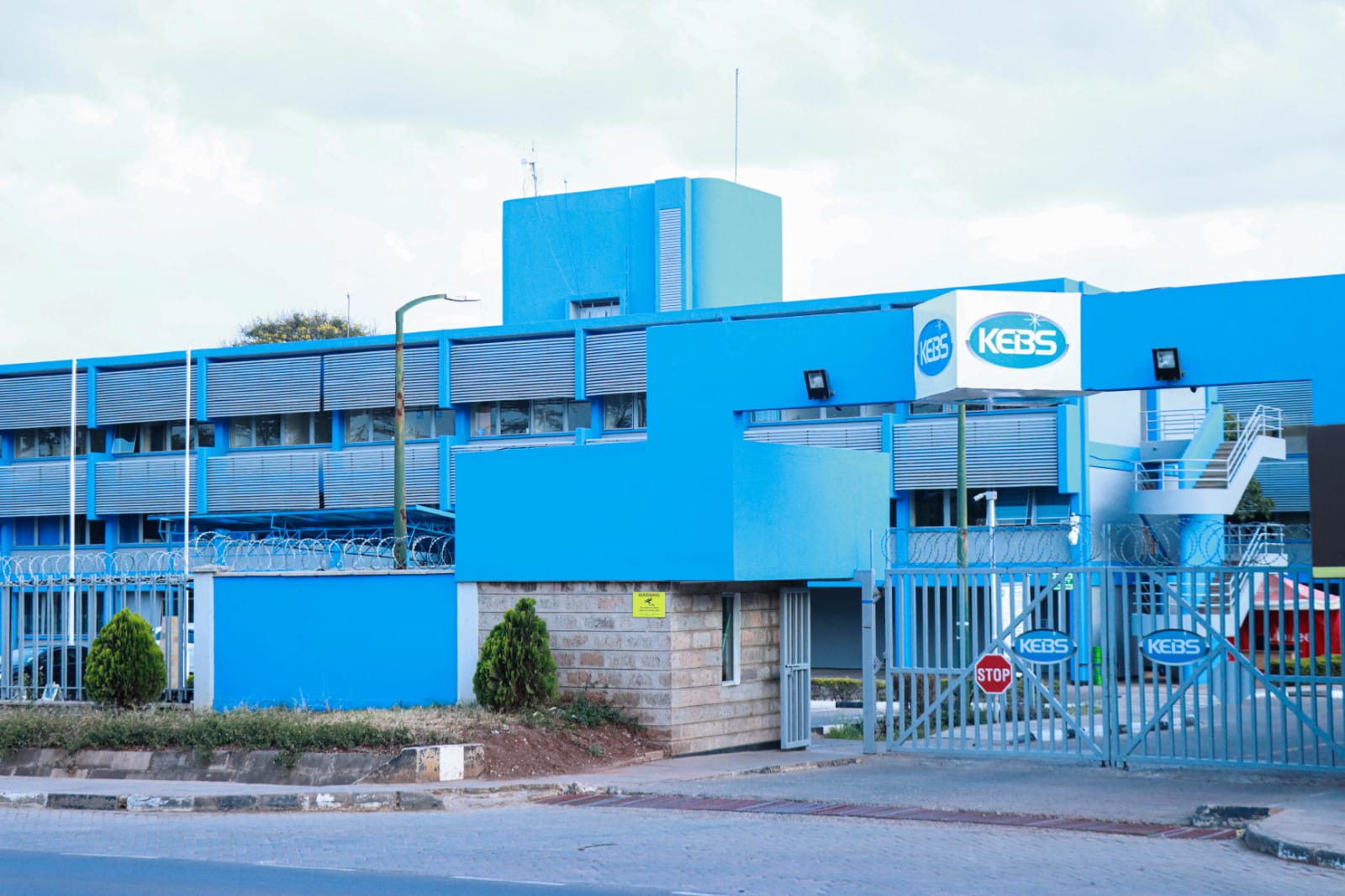

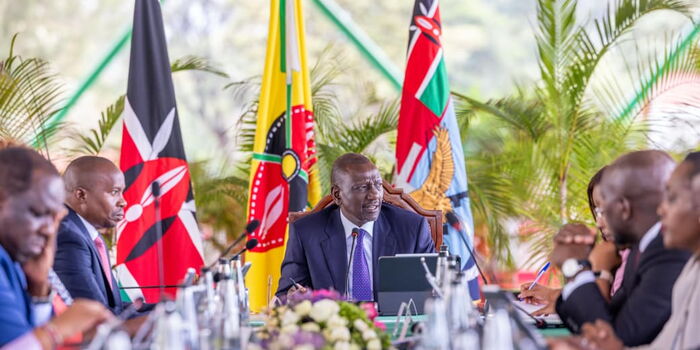
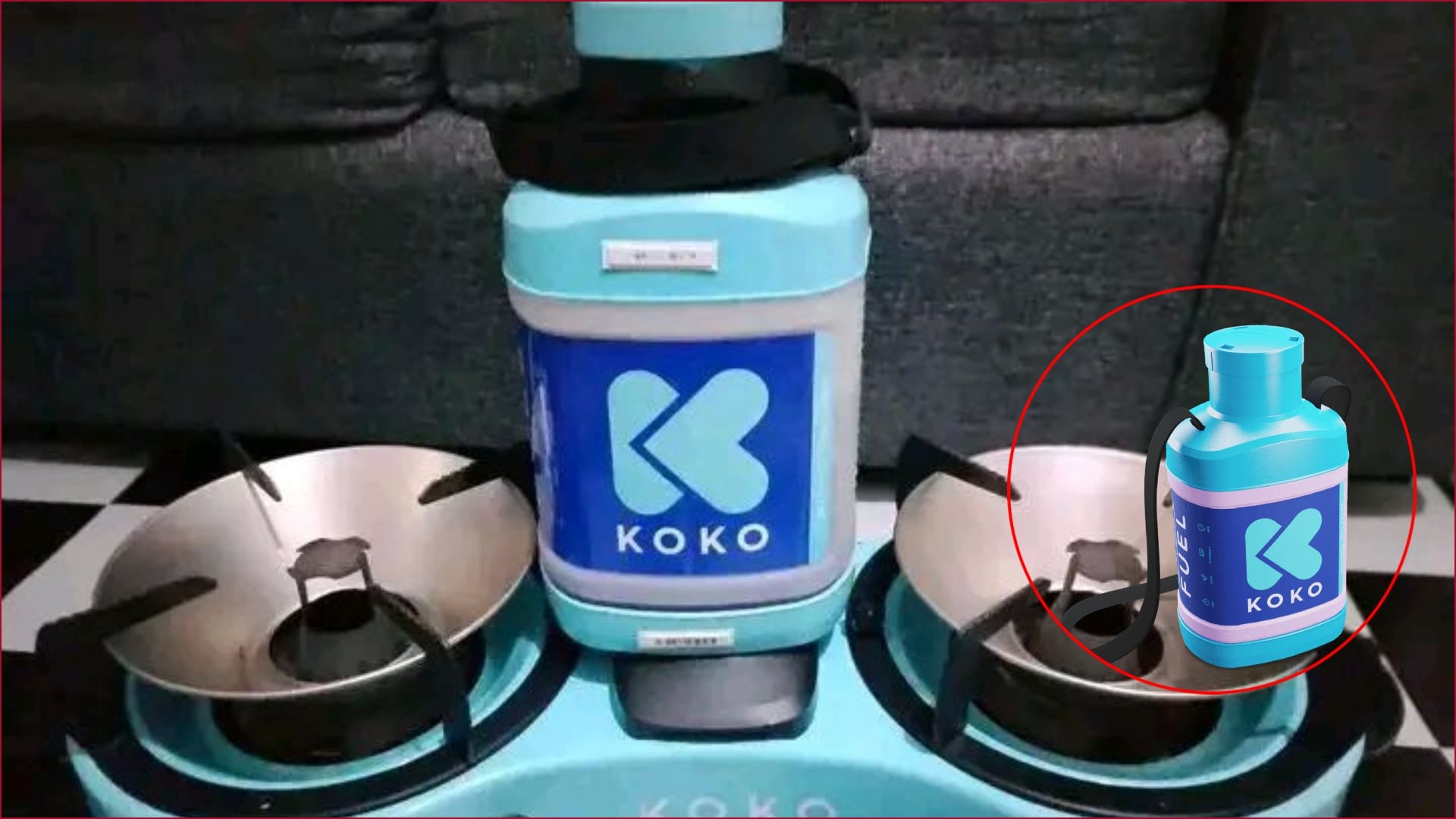
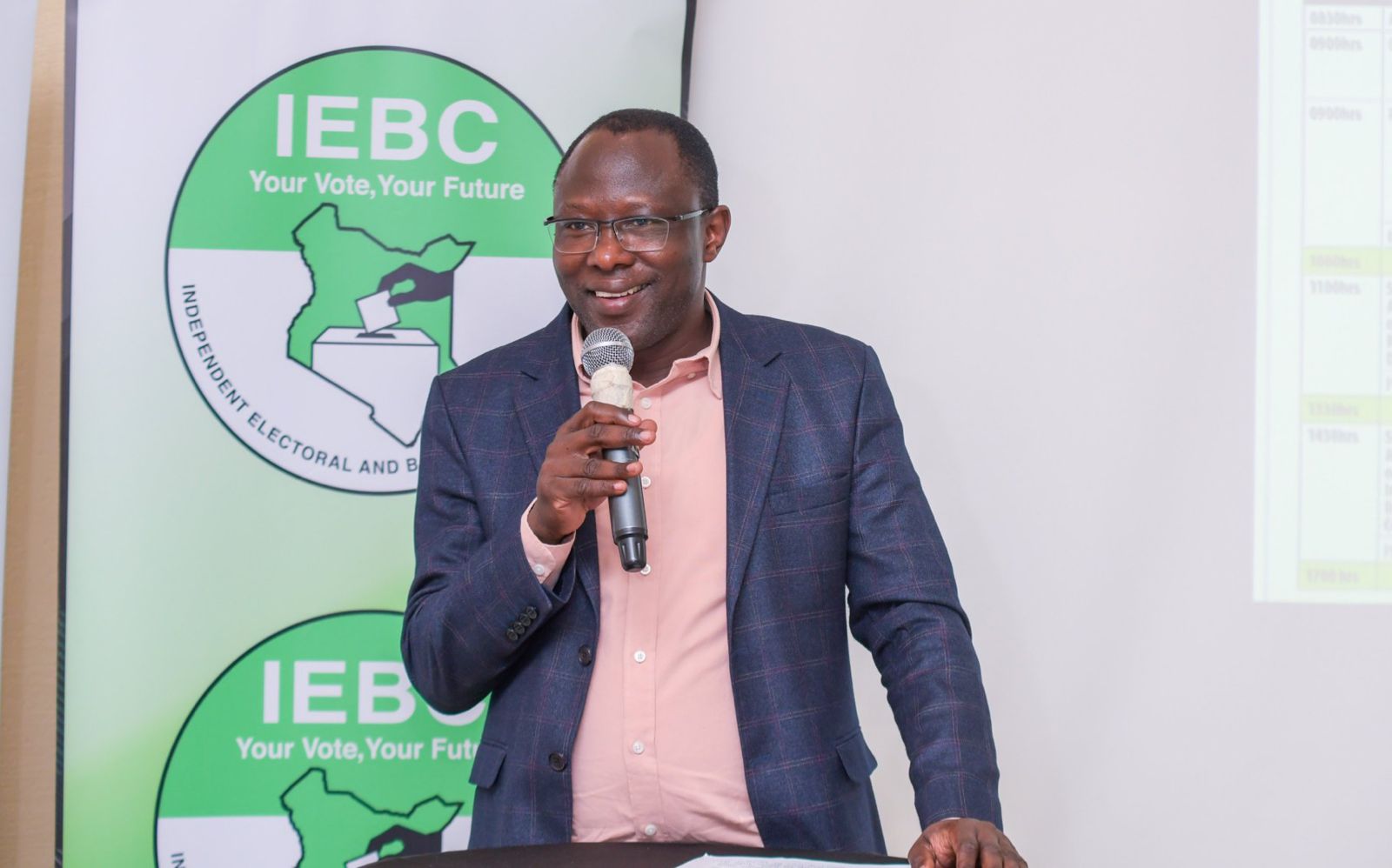



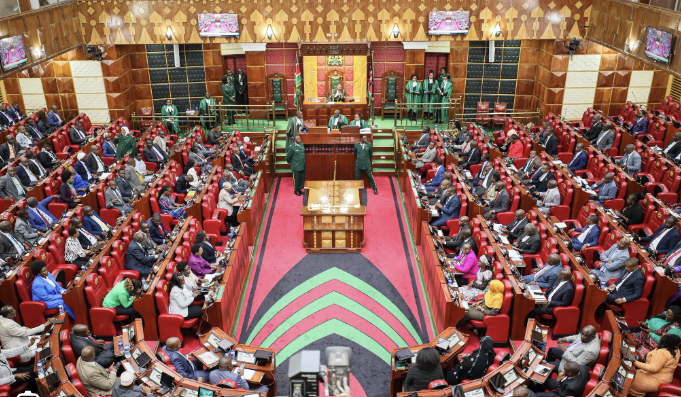


Leave a Reply